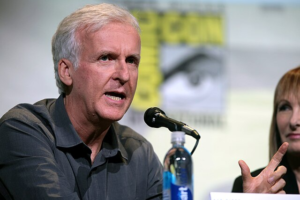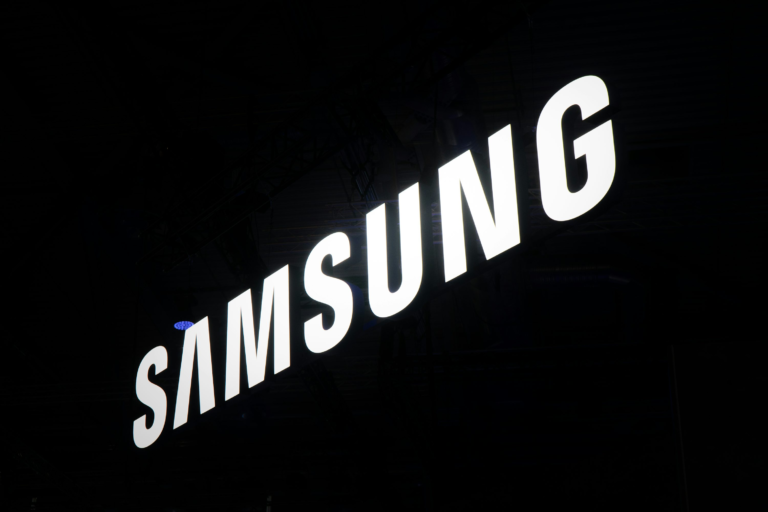Volkswagen, one of the world’s biggest carmakers, warned it only had “a year, maybe two” to turn things around. News of the decline comes with the company facing a serious decline in car sales in Europe. The German car giant is considering a radical plan to close some of its factories in Germany. This will be the first time in the long history that the company has ever closed factories in its home country.

What’s going on at Volkswagen?
At a gathering Wednesday in the town of Wolfsburg, where Volkswagen is headquartered, company leaders prepared their workers for hard times. They said they would sell about 500,000 fewer cars than before the pandemic – a decline equal to the output of about two factories. Volkswagen predicted car sales would never again reach the level of 2019 anytime soon.
For Oliver Blume, Volkswagen Group’s chief executive, the decision to shut plants has been harder to take personally. He said he had taken the decision “emotional”. It was a necessary one he explained, however, to save billions of euros of costs. As Mr. Blume told, “The automotive industry has changed massively in just a few years. We need to become more profitable, and we are determined to bring Volkswagen back to where it belongs.”
The Bumpy Route that Lies Ahead for Volkswagen
Volkswagen has decided to shut down two of its factories in Germany; one makes cars and another makes parts. This act has galled many. Not only the workers but the politicians are angry with this move. The workers staged a protest at the Wolfsburg plant over the plans for closure showing just how disappointing they felt.
This has also caused a political headache for the German Chancellor, Olaf Scholz, whose government already faces tremendous pressure after its crushing loss in the eastern state of Thuringia against the far-right party Alternative für Deutschland-this was the first time a far-right party had won a state election in Germany since World War II.
Volvo Changes Course
In a related development, the Swedish carmaker Volvo said it would no longer try to sell only electric cars by 2030 but will instead be selling some petrol-powered cars alongside its electric models. That decision reflects the struggles many European carmakers face in trying to transition from traditional petrol and diesel vehicles into electric ones. But the transition has been rocky amid fluctuating demand and growing competition from Chinese automakers offering cheaper models.
Volkswagen: How a Giant Takes Up Big Challenges
Volkswagen is a giant in the car industry; in 2023, it only took second place to Japan’s Toyota in vehicle sales. It is generally viewed as one of the manifestations of the powerful German car industry that helped the country become an industrial leader in Europe. Globally, Volkswagen has around 650,000 employees, of whom 300,000 are based in Germany.
But so far, Volkswagen, like most European carmakers, has been late to the electric car party. That has left it playing catch-up as its competitors – especially from China – invade Europe with their more affordable electric vehicles.

Pressure Builds Anew
Arno Antlitz, the chief financial officer for the Volkswagen Group, underlined that the company has “a year, maybe two” to fix things. If it doesn’t do something big with minimal fuss pretty soon, then bigger problems could arise later on. This has increasingly worked to push Volkswagen to act fast and to take a hard decision.
Reaction of Workers and Unions
That decision has not pleased everybody, however. Daniela Cavallo, the head of Volkswagen’s works council, said the company’s management had “massively damaged trust” among the workers. The trade union, IG Metall, also remains very disgruntled. They did not rule out industrial action and, what is more important, they made it clear that at the forthcoming pay negotiations they would not yield a single step on their demands for proper compensation. Cavallo said they would do everything possible to prevent the plant closures: “Management has broken a taboo in a major way, and workers are prepared to be there when we call on them.”
What’s Next for Volkswagen?
Volkswagen’s problems extend beyond simply the closure of factories and a reduction in the number of cars sold. It has to find ways of becoming more profitable and competitive within a rapidly changing marketplace. This investment is all about new technologies such as electric cars; tough decisions are being made in cost-cutting.
The pressure is rising for Volkswagen, racing against the clock. Over the next year or two, critical moments lie ahead for the company. It may yet lead the automobile industry into the future if it adapts in haste and with efficiency. Failure, however, will be drastic-not just for Volkswagen but also for Germany’s car industry and the thousands whose jobs depend on it.

Race Against Time
This, ultimately, is Volkswagen’s race against time. Given only a year or two to make serious alteration, the pressure is on to work out the right direction in which to head. Whether it can manage to steer back on track remains to be seen, but one thing’s for sure: the road ahead is not going to be easy.
The onus is on Volkswagen to show, with labour and management as well as the whole of Germany watching, whether it will surmount these challenges to seal a leading position in the car industry for years to come. The stakes are high, and the clock is ticking. Whether Volkswagen will make it remains to be seen.








